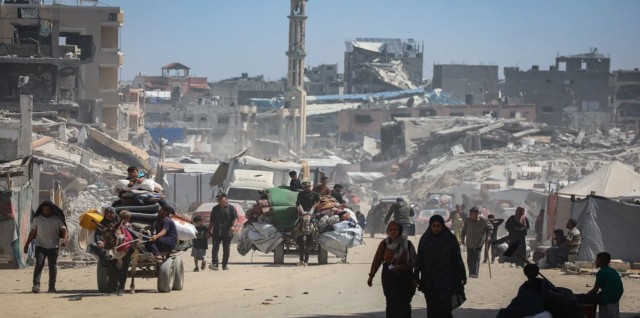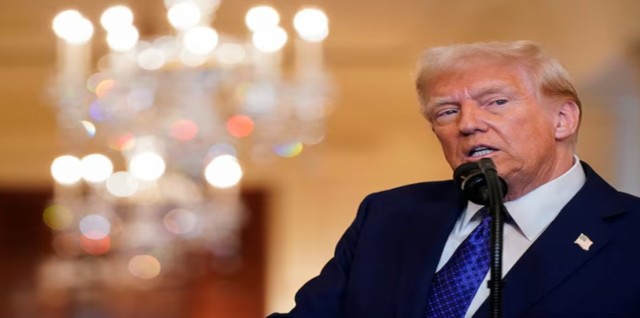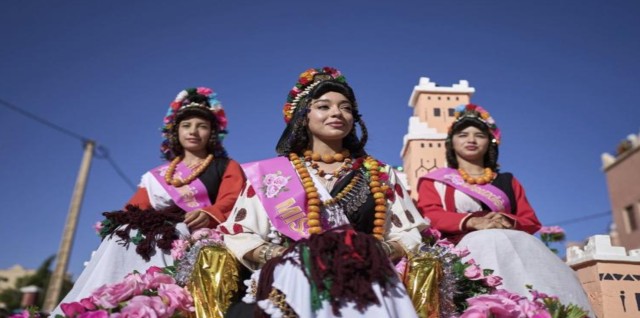
South Korean President Yoon Suk Yeol addresses the nation in Seoul on December 3, 2024, announcing the declaration of martial law. REUTERS
South Korean President Yoon Suk Yeol publicly apologized on Saturday for his controversial decision to impose martial law earlier this week. The declaration, which was quickly rescinded just hours after it was made, marked the first such action in South Korea since 1980. Despite widespread backlash and calls for his resignation, Yoon announced he would not step down, further intensifying the political tension in the country.
Addressing the nation in a televised speech, Yoon expressed remorse for shocking the public. "I am very sorry and would like to sincerely apologize to the people who were shocked," he said, bowing as a sign of contrition. Yoon admitted that the martial law decision stemmed from desperation and emphasized that he would not evade legal or political accountability. He left his future in the hands of his ruling party, stating, "I leave it up to my party to take steps to stabilize the political situation in the future, including the issue of my term in office."
However, dissent within his party, the People Power Party (PPP), has been growing. Party leader Han Dong-hoon openly criticized Yoon, declaring his position as president untenable and suggesting his resignation was inevitable. Despite this, PPP members officially opposed impeachment efforts. Han also planned to meet Prime Minister Han Duck-soo, who would assume the presidency temporarily if Yoon resigns or is impeached.
The controversy began late Tuesday when Yoon unexpectedly granted the military sweeping emergency powers, citing a need to combat "anti-state forces" and political obstructionists. The martial law declaration stunned the nation and drew swift condemnation from lawmakers, including members of his own party. Parliament acted decisively, breaching police and military barricades to vote against the decree. This dramatic move forced Yoon to revoke martial law just six hours after its announcement.
The political fallout has sparked widespread protests reminiscent of the 2016 demonstrations that led to the impeachment of former President Park Geun-hye. Thousands of citizens gathered outside the National Assembly on Friday night, holding candlelit protests and demanding Yoon’s removal from office. More demonstrations were anticipated on Saturday as parliament prepared to vote on an impeachment motion filed by the main opposition Democratic Party.
Adding to Yoon’s challenges, multiple investigative agencies, including prosecutors and the Corruption Investigation Office for High-ranking Officials, have launched inquiries into his actions. These investigations could lead to charges of insurrection, abuse of authority, and obstruction of others’ rights. If convicted, the penalties for insurrection are severe, potentially resulting in life imprisonment or even the death penalty.
Yoon's actions have drawn comparisons to South Korea’s tumultuous political past, with some PPP members fearing a repeat of the 2016 scandal that decimated their party. The unfolding events have plunged South Korea into a political crisis, leaving the nation awaiting the outcome of the impeachment vote and the investigations that could redefine its leadership.















